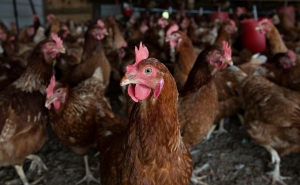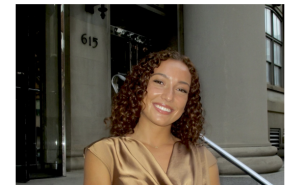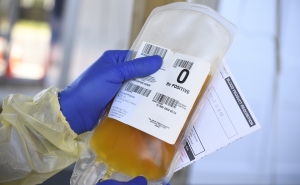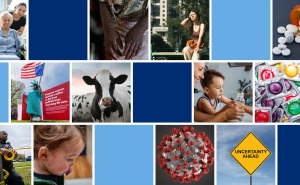Inside the Bloomberg School’s World-Class Insectary for Mosquito Research
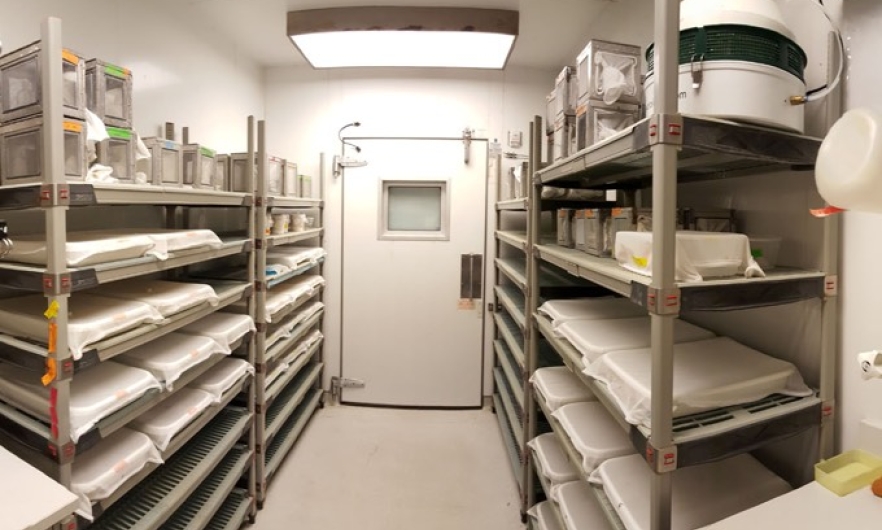
How do you study the world’s most dangerous animal?
In a world-class, carefully designed facility.
The Johns Hopkins Malaria Research Institute at the Bloomberg School is home to a 3,000-square-foot insectary, one of the largest in the U.S. Take a look!
World Malaria Day
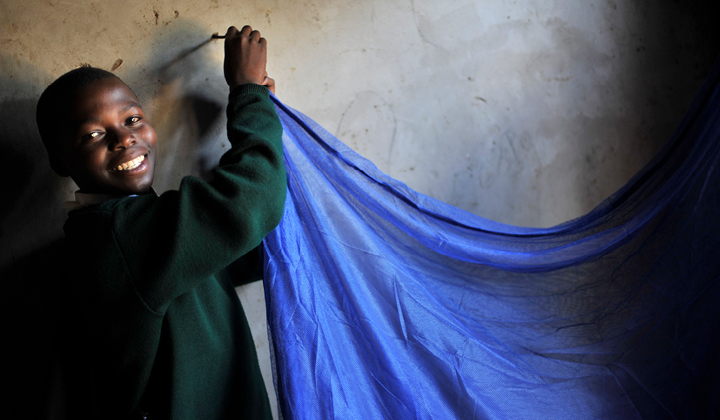
In Tanzania, Tohbias Chacha, 12, hangs up the mosquito net he just received at Kamunyonge Primary School in his bedroom. Image: © 2016 Riccardo Gangale/USAID, Courtesy of Photoshare
World Malaria Day is Wednesday, April 25, 2019.
Malaria afflicts as many as 500 million people globally each year, with the majority of malaria deaths among children under the age of 5. In 2017, there were an estimated 219 million cases of malaria in 87 countries according to the World Health Organization.
Africa and Asia bear unparalleled burdens of mosquito-borne diseases compared with the rest of the globe with more than 90 percent of malaria cases occurring in Africa. Work in these regions focuses first on achieving and sustaining low levels of transmission and second on eliminating diseases.
In recent years, climate change has exacerbated these challenges. As regional dry and rainy seasons become less predictable, both mosquito and human populations are on the move, complicating known methods of lowering transmission rates.
To discuss these and other challenges of and ideas for eliminating malaria, the Johns Hopkins Malaria Research Institute (JHMRI) hosts a full-day scientific symposium each year around World Malaria Day. This year’s theme is Malaria Elimination in Africa.
The one-day symposium includes presentations from leading researchers, a lunch-time poster session and opportunities for trainees to interact with established malaria researchers. Please visit the World Malaria Day Symposium page for more information.
JHMRI also hosts two day Vector Encounter each June, the Future of Malaria Research every autumn—which focuses on presentations by young scientists and emerging leaders—and weekly one-hour seminars every Friday during the academic year.
RELATED:
- The Long-Awaited Mosquito Emoji is Here! (Video)—Center for Communication Programs, October 2018
- Sequencing A Malaria Mosquito’s Motherline: First complete genome from Anopheles funestus could eventually lead to new ways to control malaria in sub-Saharan Africa—Johns Hopkins Bloomberg School of Public Health News Release, July 2018
- Promising Results for Two Genetic Weapons Against Malaria—Johns Hopkins Bloomberg School of Public Health News Release, September 2017
- The War on Malaria: Johns Hopkins Malaria Research Institute Scientists Lead the Fight, April 2017
- Johns Hopkins Malaria Research Institute Awarded $10 Million Grant: Funding will enable continuation of malaria control and elimination research in Zambia, Zimbabwe, DRC and South Africa—The Hub, April 2017
- The Highs, Lows and Midpoints of Malaria: In the quest to vanquish the Plasmodium parasite, a one-size-fits-all strategy won’t work—Hopkins Bloomberg Public Health magazine, Spring 2017
- All That Buzz: The newest hope for disease control? Hack mosquitoes’ sense of smell—Hopkins Bloomberg Public Health magazine, Summer 2016

